Section 5
The U.S. Political System
By Boundless
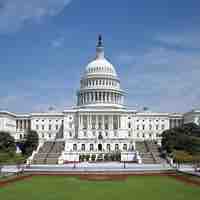
The United States is a representative federal democracy driven by elections in which citizens' and lobbyists' diverse interests compete.
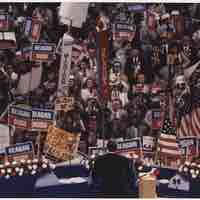
Political parties seek to influence government policy by nominating select candidates to hold seats in political offices.
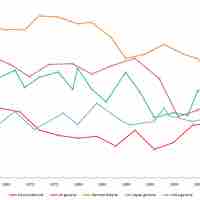
Voter turnout depends on socioeconomic factors such as education, income, gender, age, and race.

Lobbying describes paid activity in which special interest groups argue for specific legislation in decision-making bodies.
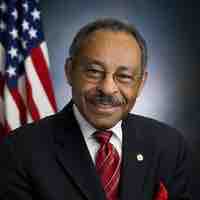
Collectively, African Americans are more involved in the American political process than other minority groups.
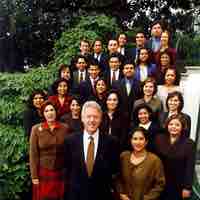
Hispanics have the ability to be an influential force in politics, a fact that is especially true in areas with high Hispanic populations.
Media are means of transmitting information, which is important for a democracy in which citizens must make their own informed decisions.

There is a correlation between age and political activity/organization.